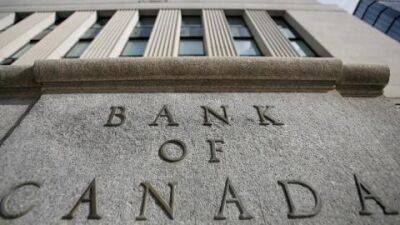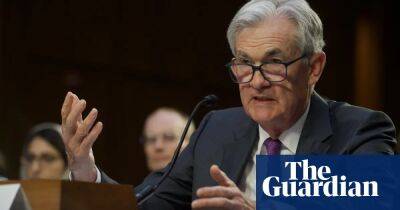The creeping menace of central banks' crypto dreams
Should the state be in the payments business? It's a simple question but that is in essence what a central bank digital currency would amount to. A digital pound, dollar, euro or renminbi is not some token with illusory investment upside that is implied by monikers such as "Britcoin.” CBDCs are more akin to stolid stablecoins rather than currencies. Unfortunately, their potential to erode free enterprise is all too real. Controlling how, what and when money is transferred is not a place government bodies should be competing, with a massive advantage, against the rest of the monetary system.
The Bank of England recently released an 80-page consultation, followed by a speech on the digital pound by Deputy Governor Jon Cunliffe. The research has already cost tens of millions of pounds, which will mushroom, but there is undeniable logic in keeping in sync with changing technology. A decision on whether to proceed in earnest will be made by 2025, for expected completion by the end of the decade.
The BOE may be in the vanguard but the European Central Bank will release its thoughts in October, and the Federal Reserve is running at least two projects. Trials at the People's Bank of China are already well advanced, though with limited success.
A CBDC seems like something we should welcome rather than leaving either Big Tech or Big Finance to dominate the crypto field, with the innocent-sounding benefit of cracking down on crime and tax evasion in the industry. Only institutions approved by central banks will get to participate in CBDCs. But giving government bodies access to personal data is troublesome. The truckers' dispute in Canada shows how quickly governments can slide into people’s bank accounts to counteract behavior they
Read more on moneycontrol.com


 moneycontrol.com
moneycontrol.com

![Aptos [APT] ‘outperforms’ other chains on this front, but here’s the ‘but’ of it all](https://finance-news.co/storage/thumbs_400/img/2023/3/8/58756_3os4b.jpg)





![Bitcoin [BTC]: As market hits ‘transition phase,’ here are the things to look out for](https://finance-news.co/storage/thumbs_400/img/2023/3/8/58747_zro.jpg)








